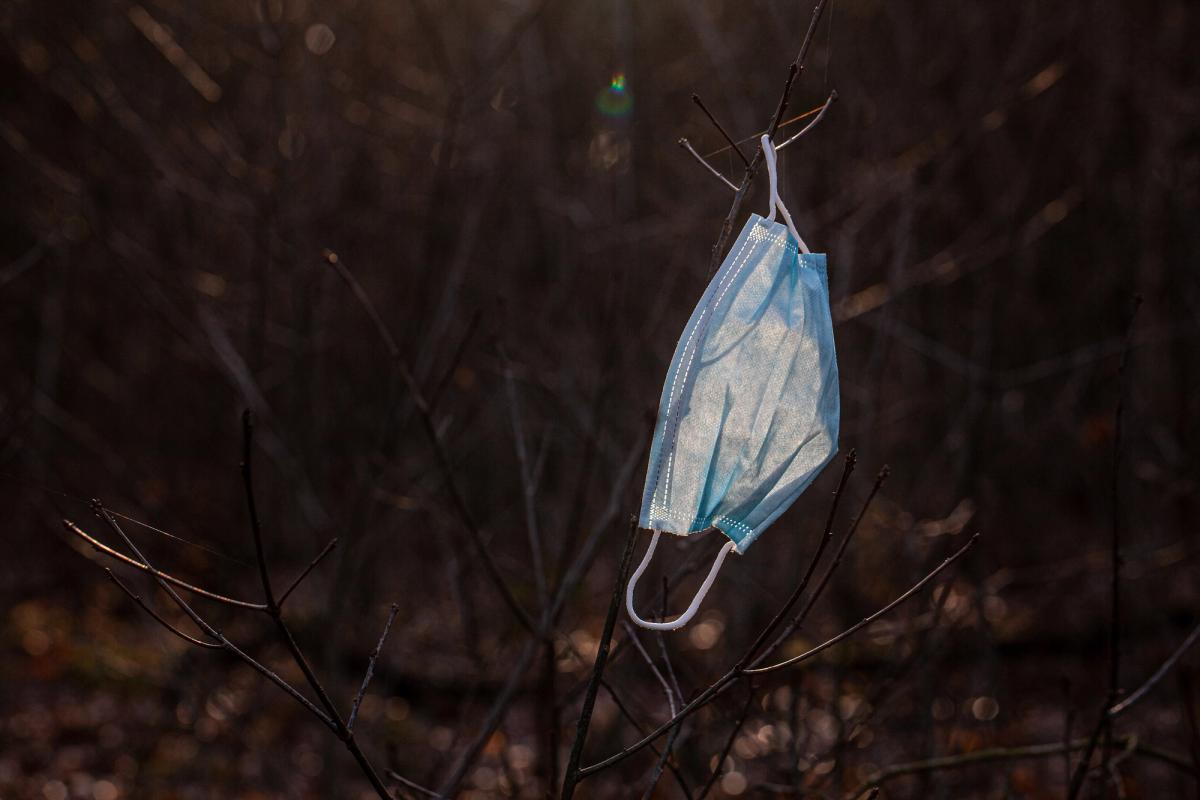
This is a pandemic - not a famine
Trying to flatten the curve while running a food bank
For many of us the lockdown has sharpened the awareness for our surroundings. Stepping outside once a day, we have been soaking up the sun with joy, noticing the daffodils, the bluebells and the cherry blossom like we never have before.
Our food bank at Central and West Integration Network(CWIN) was always part of a bigger project, it was an opportunity to bring people together and offer opportunities for involvement and activity. We had a community meal where people were able to get together, grow friendships, share knowledge and form support networks. Most of our community members are asylum seekers or refugees – often skilled and highly motivated, struggling or not allowed to access the labour market and desperate for an opportunity for meaningful involvement. It was a buzzing weekly arrangement and people also went home with a bag of food. Closing the community meal left us initially with only the food bank and – a bit like the daily walk – we are taking a much closer look at it.
Like many other food banks in the country, we have improvised and inefficient sourcing methods that don’t lend themselves to flattening the curve. We have several drivers who collect donations of surplus from supermarkets, creating lots of movement in different directions of the city in individual cars. At the beginning of lockdown we had people who are in the asylum system or living in destitution travelling to the city centre to receive our food parcels that - compared to their monetary value – were putting too many people at risk through these improvised sourcing methods.
When food banks were classified as ‘essential’, Pete Ritchie at Nourish Scotlandpointed out that they are not: “It’s completely possible to give people money to buy food themselves if they have run out of cash.”[1] He argued that people in food poverty as well as volunteers should be enabled to stay at home at this time, but at CWIN we were stuck between a rock and a hard place. We had the choice between closing down, thus helping to flatten the curve but leaving our community members short of food or alternatively continuing to operate, endangering our volunteer drivers and packers.
We remained open and managed to reduce the number of sources of our food. Thanks to help from the Scottish Government and the fast crisis response of Morrison’s we are now receiving fewer and larger donations and are delivering the majority of parcels to people’s houses. Like many other projects, we are getting the hang of lockdown and setting up remote engagement opportunities. We are gathering knowledge from our community members about how they are navigating the crisis in weekly phone calls and we share the top tips with everyone via a WhatsApp group.
Our community members are now receiving food in a way that is a lot less dangerous, but they are being delivered a bag of what is predominantly surplus – a polite word for waste. It’s a great bag of food and our volunteers work hard to pack it, but there is no choice available. It’s safer but much less dignified than attending a community meal, helping to cook, serve, clean, source food, pack bags, join in meetings of steering groups or sourcing committees, community research groups, festive events, bike rides, allotment trips, creative writing groups and English classes. As development workers we have to work harder to turn this into an empowering scenario. For the period of lockdown we may need to resign ourselves to being not much more than advocates for our community. Advocating for our community means pointing out that this is a pandemic and not a famine – adults should have choice over the food they eat.
The Scottish Government is now saying that people should preferentially not receive food parcels but where possible receive money to buy food safely in a shop near them. This has always been - and is even more now - a very good idea. It’s been a matter of dignity for a long time and now it has become a matter of safety. We need to change how we are thinking to find a response that is suited to a pandemic. It needs to involve doing less and not more, finding ways to simplify how food gets to people. Giving people money to buy their own food is, as Pete says, completely possible and it is the best option for keeping our volunteers and community members safe. We need as much help as possible to make this happen now.
Advocating for our community members also involves another important observation: people in our country who are trying to get through this crisis on asylum support are not managing to make ends meet. They are saying that they cannot afford to buy fruit and vegetables. With accommodation placed in Glasgow’s ‘food deserts’ for some of them a good chunk of their allowance of just over £5 a day is spent on a bus ride to the next supermarket. When we asked our community members the question: ‘what is the main reason for you to accept our food parcels?’, one person told us this: ‘when I get the parcel, I can save money on food and buy clothes for my son. He grows so fast. The school is sending home schooling tasks to us and they expect that we have the materials at home. When I save money on food I can buy him the materials he needs for his school work.’ This last sentence does not belong to the 21st century in one of the wealthiest countries in the world.
Vivien Opiolka works with theCentral and West Integration Networkbased in Glasgow, an IFAN member organisation.
[1] http://www.nourishscotland.org/food-banks-are-not-essential-they-must-close-and-for-good/
Where next?
Follow our work
One timely email each quarter and we'll never share your details
Find out more about our privacy policy